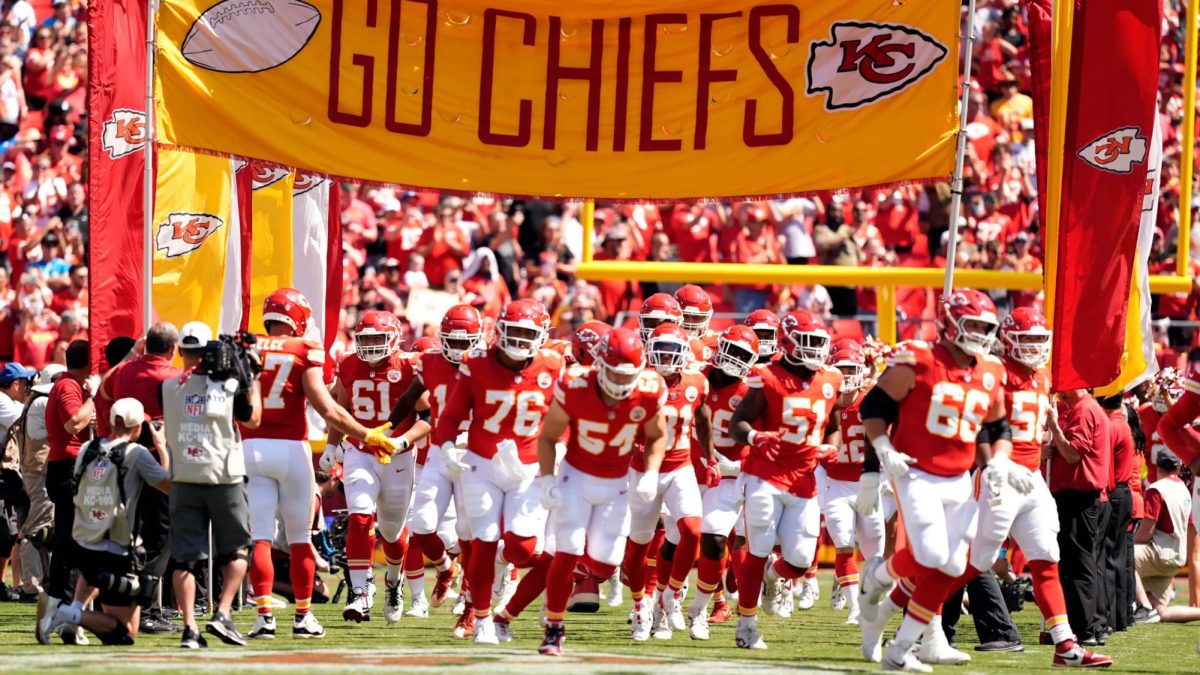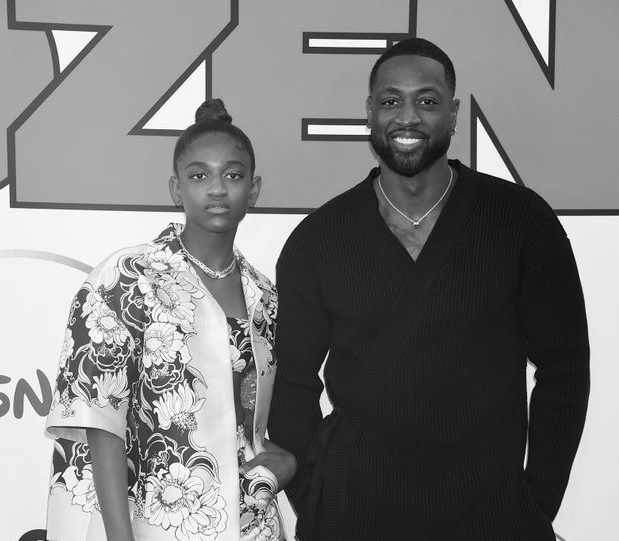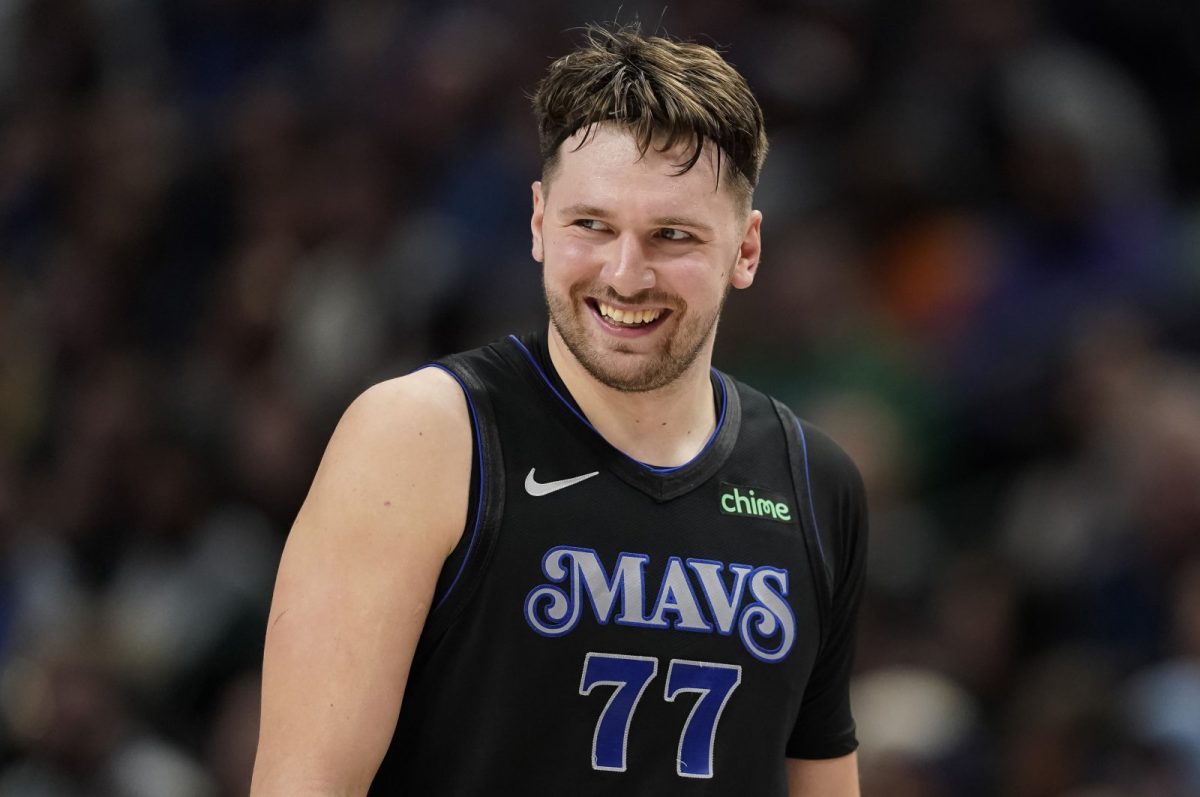When Andy Reid’s tenure was over in Philadelphia, the head coach’s time was widely regarded as an utter and complete failure. Despite guiding the Eagles to a 130–93–1 record in 14 seasons, the relationship between the offensive play-calling wizard and the city known for being incredibly hard on its sports teams quickly evaporated as Reid continually took teams chock full of offensive talent and lost in the playoffs.
During this time period, the Eagles had far superior rosters to the rest of the NFL, especially at the running back position, yet they always fell short in big games. Reid’s offenses featured a running back centric approach, in which Duce Staley (1999–2003) excelled, Brian Westbrook (2002–2008) became a bonafide superstar, and LeSean McCoy (2009–2012) likely punched his ticket into the Hall Of Fame. However, Reid was just 10–9 in the postseason, and while he took his team to five National Football Conference championship games, he lost four of them. He ended his tenure with zero super bowl rings, a massive letdown considering the level of regular season success the team had achieved. After posting a 4–12 mark in the 2012 season, Reid was fired and branded as a brilliant offensive mind who could not win big games.
In 2018, Reid was again blessed with an exceptional running back. Now the Kansas City Chiefs’ head coach, his play calling led to Kareem Hunt securing the rushing title in 2017 as a rookie. In 2018, through 11 weeks, Hunt looked poised and ready to defend his throne. That is, until he very publicly violated the NFL’s personal conduct policy when he was caught on video kicking and shoving a woman outside his residence and was subsequently released from the Chiefs. Reid was now tasked with the impossible — replacing a budding superstar in the midst of gearing up for a major postseason run.
Reid did what good coaches do: he figured it out. Seldom used reserve Damien Williams, who had totaled just three carries in the 11 weeks before Hunt’s dismissal and had just 477 career rushing yards in four years of mediocrity for the woeful Dolphins, now became the team’s lead back.
While Williams was clearly not Hunt, he was good enough. He averaged 5.1 yards per carry, and even stomped for 129 yards and a touchdown against the Colts in the divisional round of the playoffs. Despite only running for 30 yards a week later in an overtime loss against the eventual Super Bowl Champion Patriots in the championship game. Williams’ performance down the stretch of the 2018 season changed the running back position forever.
Reid made two major realizations while watching Williams play in the last third of the 2018 NFL season. Firstly, running backs are scheme dependent. Reid took an afterthought running back and turned him into a player who rivaled the 2017 rushing champion’s production when he was on the field. It wasn’t about the running back, it was about the play design and the offensive line. Secondly, maybe being able to run the ball isn’t all that important when you have a great quarterback. Reid and MVP Patrick Mahomes took an extremely youthful team toe to toe with quarterback Tom Brady and Head Coach Bill Belicheck — the most successful head coach and player duo in NFL history — with a running back who totaled just 30 yards on 10 carries.
If defensive end Dee Ford had not lined up offsides, nullifying a game sealing interception, the Chiefs would have taken down the Patriots’ dynasty with a quarterback who had started just 17 career games and a running back who only rushed for 30 yards.
In 2019, Reid went all in on his new realizations. Williams entered 2019 as the Chiefs lead back. The only meaningful addition the Chiefs made to their running back room was 31 year old LeSean McCoy, who rushed for just 514 yards and 3.2 yards per carry in 2018, making him one of the least efficient running backs in the NFL.
That season, the Chiefs were 23rd in total rushing and 20th in yards per carry. Williams paced the team with a career-high 498 rushing yards and five touchdowns, ranking 39th and 27th in the league, respectively. But it didn’t matter at all. Mahomes was 2nd in QB rating, had a top-five touchdown to interception ratio, and was terrific all season. The Chiefs went 12–4, and dominated their way to the Super Bowl, beating the Houston Texans by 20 and the Tennessee Titans by 11. In both games leading up to the Super Bowl, Mahomes led the team in rushing, with 53 yards in each contest.
In the Super Bowl, when they had to be able to run the ball to salt the game away, Reid designed magnificent run concepts that enabled Williams to erupt for 104 yards on the way to a Super Bowl victory. Reid now had his long-desired Super Bowl Ring — and a new strategy for how to get more.
Since their victory over the 49ers in 2019, the Chiefs have won two more Super Bowls. In 2022, they knocked off the Philadelphia Eagles, Reid’s old team, behind three touchdowns from Mahomes. Isaiah Pacheco, the team’s leading rusher, rumbled for just 76 yards. In 2023, they defeated the San Francisco 49ers’ run-first approach with another dazzling performance from Mahomes, who led the team in rushing yet again with 66 yards.
Nowadays, Reid sits comfortably with the fourth most wins all time for a head coach, with 269. That, along with his three Super Bowl victories, has firmly placed himself into conversations for the greatest coach of all time. Reid’s realizations had transformed into key team building philosophies for the NFL’s newest dynasty.
In 2024, teams finally took note of the Chiefs strategy and tried to replicate it. The Bengals, led by consensus top-three quarterback Joe Burrow, opted not to re-sign franchise running back Joe Mixon, replacing him with journeyman Zack Moss and former fifth-round draft pick Chase Brown.
The Chargers did the same, replacing former superstar Austin Ekler with two running backs who were major question marks coming off of injuries, JK Dobbins and Gus Edwards. They are quarterbacked by Pro Bowler Justin Herbert.
The Bills, led by perennial MVP candidate Josh Allen, opted not to upgrade their running back room despite a cache of available free agents.
The Cowboys, whose signal caller is Dak Prescott, the 2023 MVP runner up, replaced blossoming star Tony Pollard with a painfully past his prime Ezekiel Elliot. And perhaps most infamously, the Giants opted not to re-sign top running back Saquon Barkley because in the words of general manager Joe Schoen, “We didn’t pay [quarterback Daniel Jones] $40 million to hand the ball off to a $12 million [running] back.”
Interestingly enough, other top teams have attempted to zag while the Chiefs and most other teams zig. The Ravens, Eagles, 49ers and Packers all recently signed or traded for top running backs and feature prominent rushing attacks. This can be explained simply: their respective general managers do not trust their quarterbacks enough to beat Patrick Mahomes.
The quarterbacks of the four teams mentioned combine for a 3–11 record against the Mahomes and Reid led Chiefs. Will the addition of a top running back be enough? Recent history says no, but we’ll have to wait to find out.









